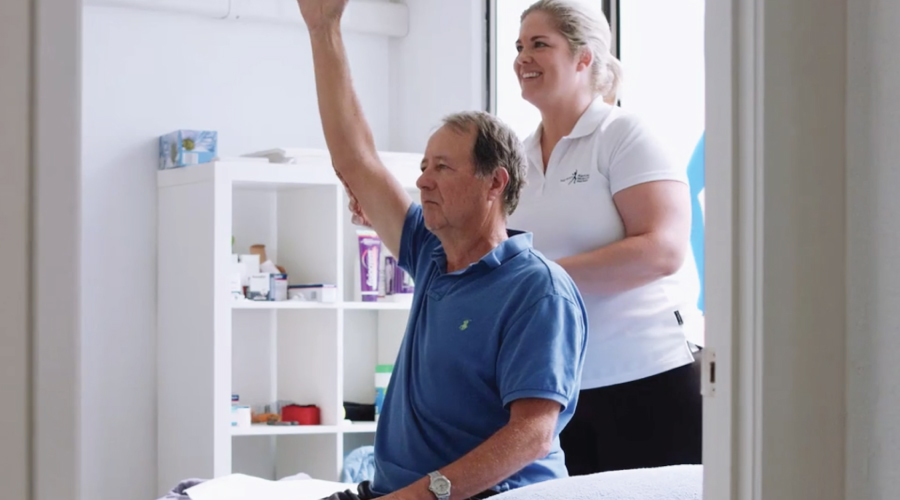Neurological conditions such as Parkinson’s disease (PD), Multiple Sclerosis (MS), Stroke and Traumatic Brain Injury (TBI) disrupt normal neural system function and create significant challenges to movement and day to day functioning.
PD and MS are both degenerative conditions, whereas stroke and TBI relate to damage to the brain. People with neurological conditions experience a blockage in the normal transmission of neural signals from the brain to the rest of the body. This can be due to the lack of a neurotransmitter (dopamine), as with Parkinson’s, problems with conduction of neural signals due to demyelination of neurons, as with MS, or neural cell death, which occurs following stroke or TBI.
Thankfully, the brain has the capacity to learn and build new neural pathways, through a phenomenon called neuroplasticity. This can be described through the analogy that when there is an accident on the freeway, you may take a detour through back streets and still reach your destination. Blockages opposing normal movement may involve weakness, spasticity (heightened stretch reflex), rigidity and problems with coordination and motor planning. Treatment and exercise need to be targeted towards each symptom, and in a specific order, for new neural pathways to develop.



